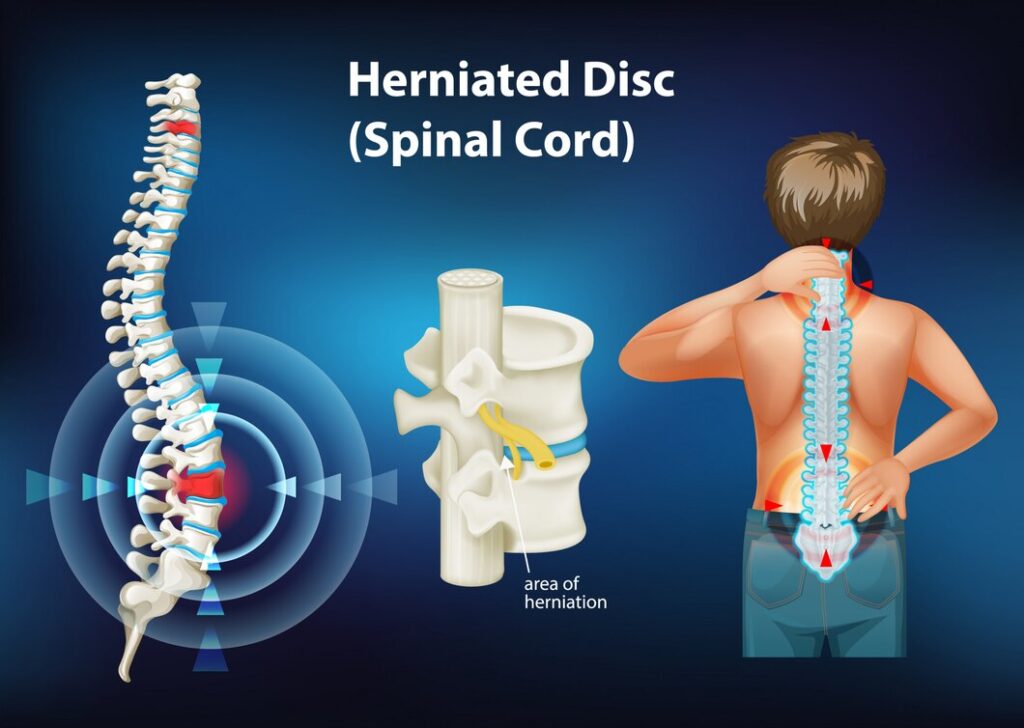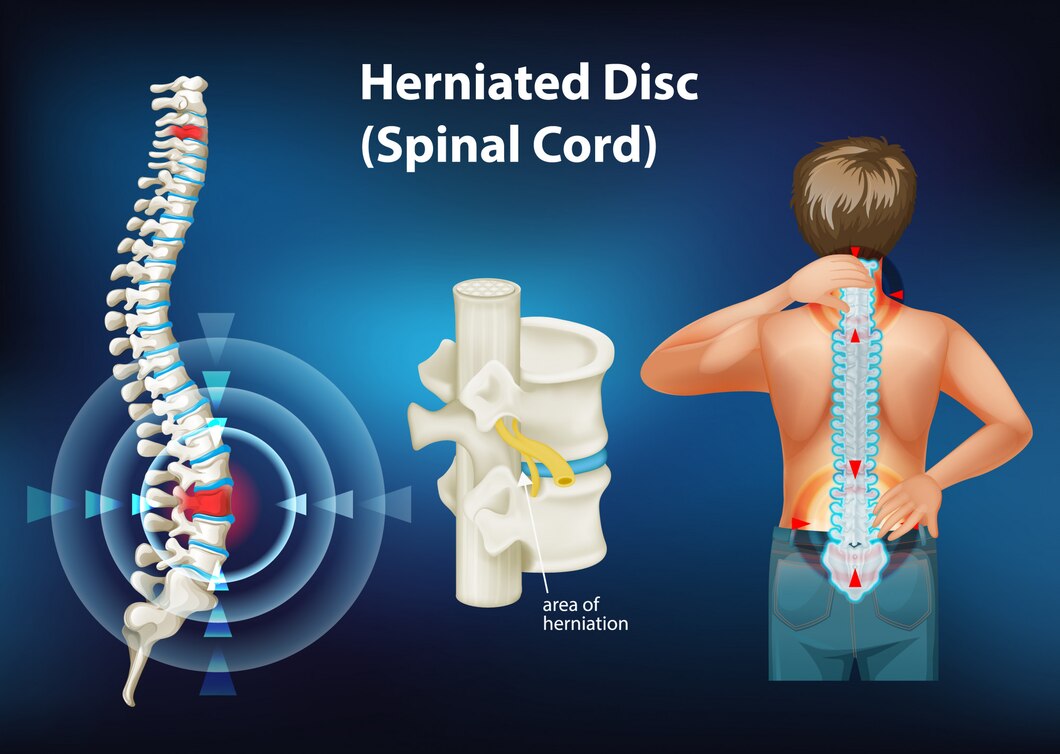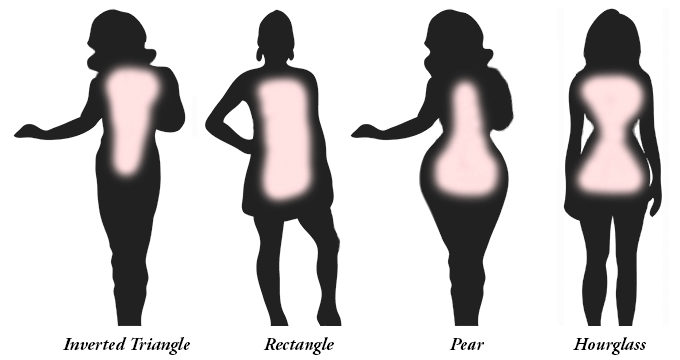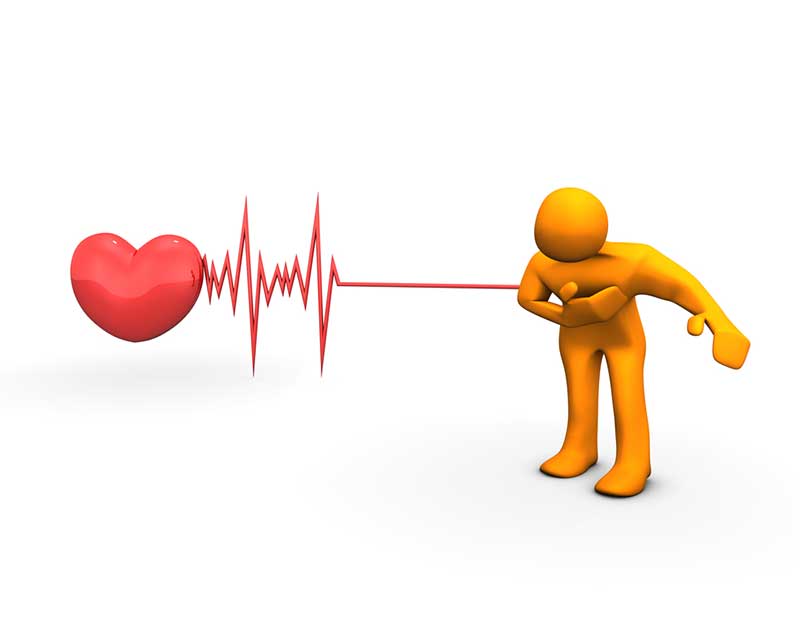Over time, approximately 4 million years, human beings have gone from quadrupedal to bipedal, meaning we walk on two legs. During this evolution, the human skeleton has changed, including the feet, legs, and pelvis. But the most significant change has been in the spine.
The spine has evolved from having a single C-shaped curve, still seen today in apes, to having an S-shape 3 curve structure. It is this S-shaped form which allows the human to stand, balance and walk with a perpendicular posture with the lower curve of the spine nullifying any forward leaning stance.
The spine is the key component in connecting the body’s entire skeletal structure. It facilitates the mechanical movements of the body, from sitting and walking to bending and twisting. The spine also acts as the protector of the spinal cord, the bundle of nerves that sends signals from the brain empowering physical movements of the body.

Although a strong entity in itself, the spine remains vulnerable to injury, disease and degeneration through wear and tear as the body ages. As a person goes through life the spine does an incredible amount of work, takes a lot of stress, and will absorb a lot of punishment. Given the lifelong pressure put upon the spine, it is inevitable that many people will experience medical issues related to it as they age.
But it is not only the passing of time that has a negative bearing on the spine. Spinal injuries are common, as are infection and disease. Whatever the cause, impaired function of the spine can bring pain, misery and will undoubtedly have a negative effect on a person’s quality of life. At the earliest sign of any spinal problem, expert consultation should be sought.
Treating patients from across the world, Samitivej Hospital has assembled a team of internationally trained experts in the complex area of spinal health, diagnostics, and surgery. Their skilled team consists of a multidisciplined team that work as a unified unit bringing relief and cure to thousands of people each year.
Some spinal conditions can be alleviated and treated with physical treatment programs. Other more serious conditions may require surgery for correction or cure. Physicians undertaking spinal surgery do not make the decision to do so lightly. Meticulous assessment and diagnosis are essential, and only Samitivej Hospital’s most highly trained surgeons carry out such procedures.
More and more people with spinal health issues are choosing to consult the assembled team of spinal specialists at Samitivej Hospital in Bangkok. This is quite simply because this internationally trained team of experts have become renowned for their groundbreaking success in the field of spinal surgery.
Globally, thousands of people undergo spinal surgery every year. Following these procedures, there is an alarming number of patients who then suffer with FBSS, or Failed Back Surgery Syndrome. FBSS can be the result of a number of things. Inappropriate diagnosis, lack of skilled expertise, inappropriate or outdated equipment and inadequate facilities are often the main causes. Whatever the cause, inevitably, further treatment will be required. The expert team at Samitivej Hospital are now treating an increasing number of FBSS sufferers.
Correcting FFBS
To correct issues with FBSS a patient will undergo assessment with a senior physician within the team. The physician will assess the patient’s pre-surgery condition in order to ascertain whether the previous surgical procedure was appropriate, and if it was conducted to maximum effect, whilst also reviewing the patient’s post-surgery treatment plan.
Any other existing health issues that a patient has will be assessed and diagnosed accordingly, additional health issues may have a bearing on the direction of any further medical treatment or procedures. It is from these detailed assessments that an effective further treatment plan can be created. Correcting FBSS requires a multidisciplinary approach which will include the team’s psychiatrists, pain specialist, physical therapists, and spinal surgeons.
Conditions Requiring Spinal Surgery
In addition to FBSS, there are many reasons why a patient may require spinal surgery, including, but exclusively, deformities, infections, trauma, and tumors. No two cases will be the same, each case is as individual as the sufferer.
Severe cases of lordosis, kyphosis and scoliosis are physical deformities which exhibit improper curvature of the spine, and in extreme cases, will require correction by surgical procedure. Flat back syndrome is a deformity whereby the lower spine has a reduction in its angle of curvature with sufferers having a stopped appearance and may have difficulty in standing up straight. In its extreme form it is another condition which can benefit from skilled surgery.
Spinal injuries are not uncommon and may well result in surgery as part of a comprehensive treatment plan at Samitivej Hospital. Unfortunately motoring, work and sports injuries to the spine are common, and often require surgery. One of the most common results of an injured spine is herniated or ruptured disks. The spinal discs act as a cushion, absorbing stress and impact between the individual vertebrae, and when damaged they will require a surgical procedure to correct the damage.
Accidents can cause spinal fractures which can be extremely serious, of which there are 4 types, fracture-dislocation, compression, burst and flexion-distraction. Fractures of the spine can be debilitating to the victim, and if these issues are not treated skillfully and effectively, they can have life changing effects for the sufferer.
There are various diseases that directly affect the spine. Spinal stenosis is one of the most common spinal diseases that affect the elderly. Spinal stenosis is where the spaces between the vertebrae narrow caused by the degeneration of the disks. Surgical intervention can bring a high level of relief for the sufferer.
Tumors can develop anywhere in the body, including the spine. Tumors are abnormal cells that group together into lumps. They can be malignant, meaning they are cancerous, or benign, non, or precancerous. Using state of the art technology and surgical procedures tumors, such as ependymomas and hemangioblastomas can be effectively removed by Samitivej Hospital’s skilled surgical team.
Many spinal surgical procedures undertaken by the team are carried out using the endoscopic method of surgery. This form of surgery is far less invasive than open surgery which causes muscle and tissue trauma, thus aiding the patient’s recovery. It usually entails 3 or 4 small incisions giving access to tiny precision instruments and a camera. The surgeon then conducts the procedure via a monitor.




